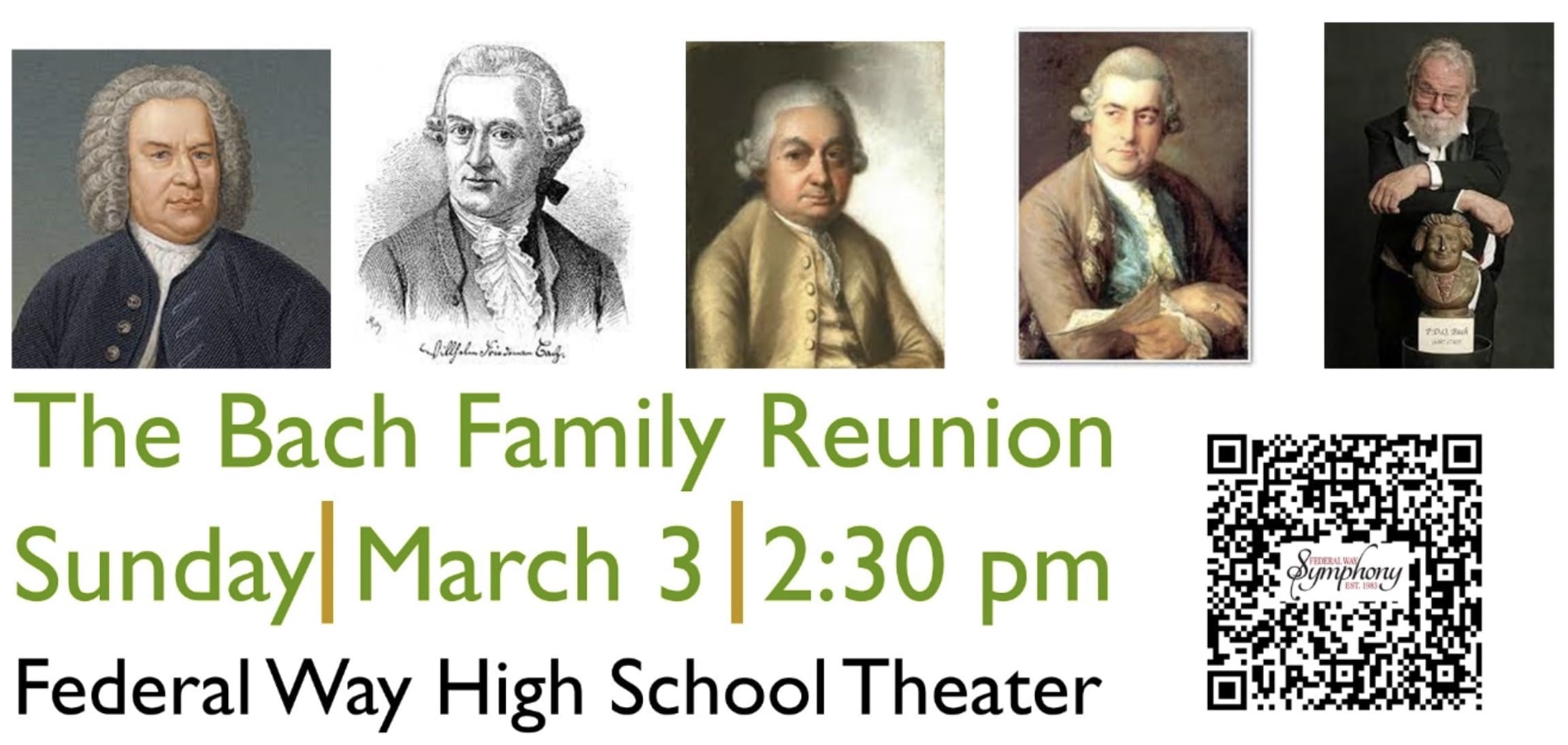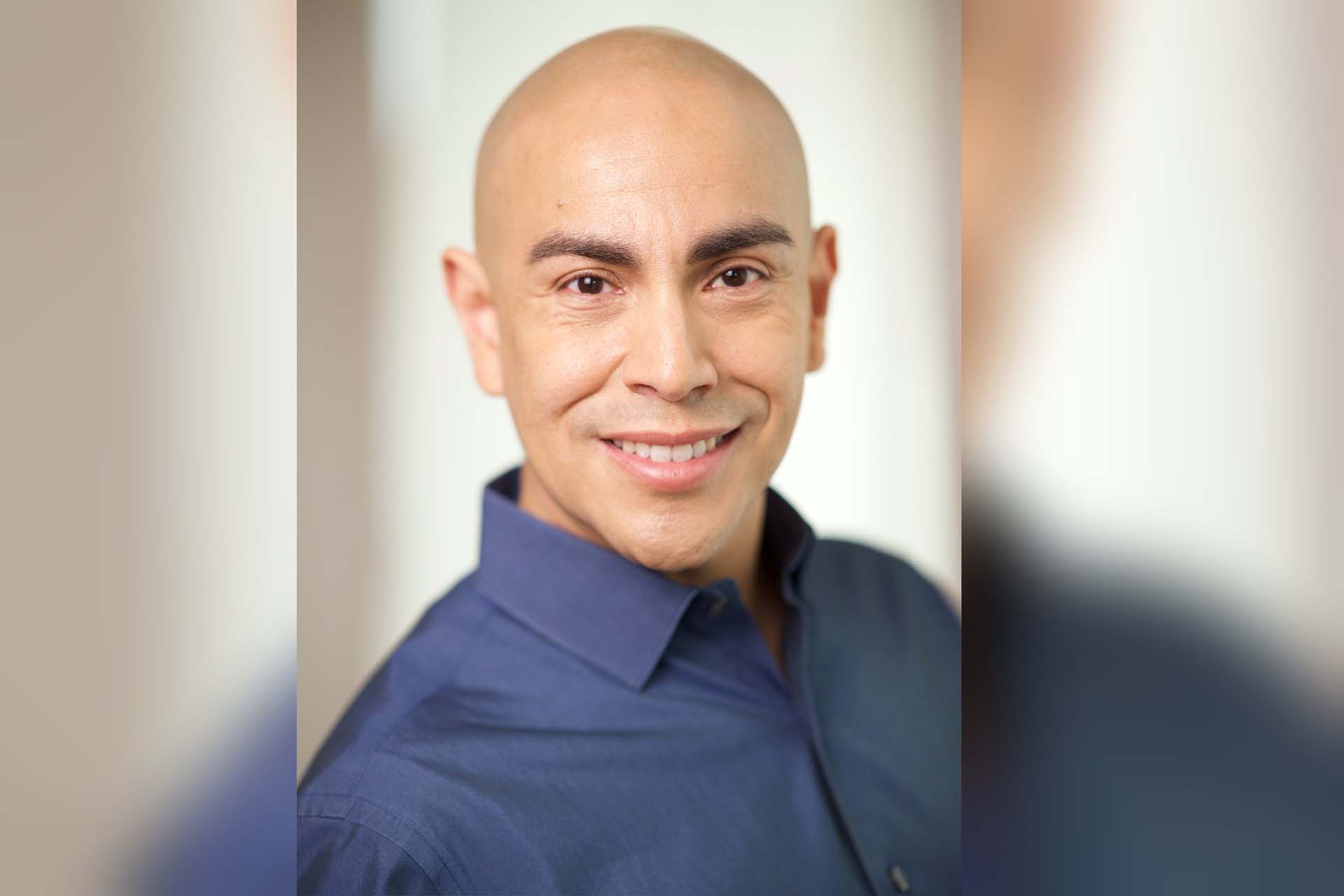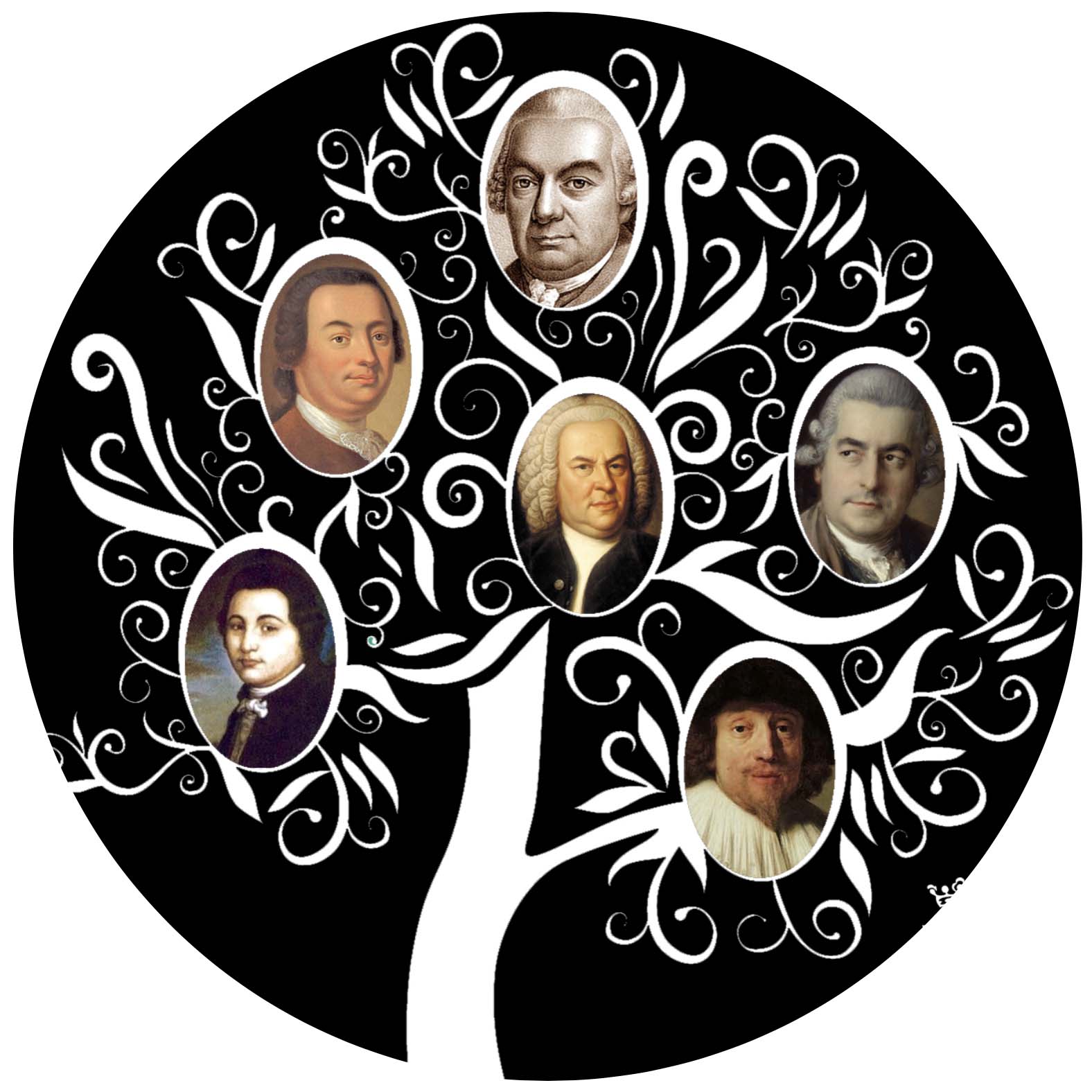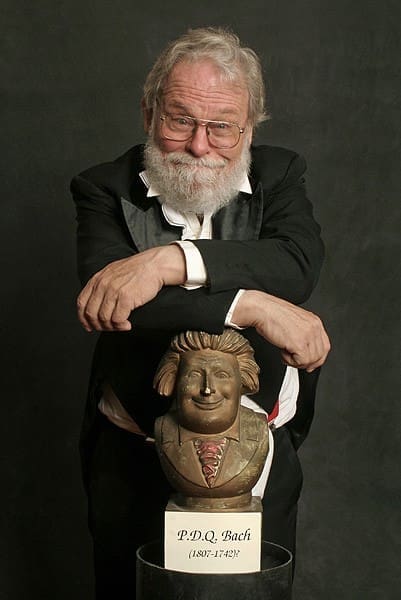The Bach Family Reunion
Sunday, March 3rd, 2024 – 2:30 pm
Federal Way High School Theater
Concert Information
PROGRAM NOTES
Countertenor José Luis Muñoz will perform J.S. Bach’s Cantata No. 82, Ich habe genug. Works by three of Bach’s sons and the “21st” of his 20 children, P.D.Q. Bach will also be featured.

The Venue: In order to provide a more intimate experience for this small-ensemble concert, it will be held in the Federal Way High School Theater at 30611 16th Av. South. This state-of-the-art facility is less than 5 years old and offers a chance for the audience to get up close and personal with our musicians. We are grateful to the Federal Way Public Schools and Federal Way High School for their support. Directions
All tickets purchased through the PAEC box office will be honored at this general admission concert.
The Soloist
The Composers
MEET OUR SOLOIST
José Luis Muñoz
Long-time Federal Way Symphony patrons will remember Jose Luis’ previous performance of the Messiah with the symphony in 2016. He is a prominent performer and teacher who has been called “the premiere countertenor of the Pacific Northwest.” Along with an Artist Diploma in Early Music Studies from Cornish College of the Arts; he holds a Bachelor of Fine Arts in both Vocal and Piano Performance. He is a past winner in the California Opera Association Competition.

He is often heard premiering and creating new works and principal roles in such works as Mauricio Sotelo’s opera Dulcinea (Modesto), Bless Me, Ultima (Albuquerque), Juana (San Francisco), Monticello Wakes (Los Angeles), Yoshinaka (Seattle), Kakitsubata (Cologne, Germany), and Magda G for which he was featured in the Los Angeles Times. A versatile performer, Muñoz’ other work includes: Melissa in Caccini’s La Liberazione di Ruggiero dall’Isola d’Alcina, Handel’s Messiah, Mozart’s Requiem and Missa Brevis K275, Bach’s B Minor Mass, St Matthew’s Passion, Magnificat, Orff’s Carmina Burana, and Bernstein’s Missa Brevis.
Please visit Jose Luis’ website here
The Music
Meet the Composers
The Bach Family
The Bach Family is one of the largest and most important families in the history of European classical music. Johann Sebastian Bach’s father, grandfather and great-grandfather were professional musicians serving in important civic and church roles throughout the princedoms and duchies that make up modern Germany. J.S. Bach had 20 children with his two wives, Maria Barbara Bach (his second cousin) and Anna Magdalena Wilcke. Only 10 children survived to adulthood and today we perform works from his two eldest sons with Maria and his youngest son with Anna Magdalena. More

Recommended Reading
Evening in the Palace of Reason by James Gaines: This well-researched book contrasts the worlds of J.S. Bach and Frederick the Great. A fascinating study of the Bach family history, the mechanics of Baroque-era composition and the politics of Prussia and the Holy Roman Empire. Please note this book contains descriptions of domestic violence, the horrors of war and an execution. It is not suitable for children.
Johann Sebastian Bach: The Learned Musician by Christoph Wolff: A finalist for the 2001 Pulitzer Prize in biography, this landmark book was revised in 2013 to include new knowledge discovered after its initial publication. The work portrays Bach as the living, breathing, and sometimes imperfect human being that he was, showing how Bach’s superb inventiveness pervaded his career as musician, composer, performer, scholar, and teacher.

In Memorium—Peter Schickele—From the New York Times
Peter Schickele, an American composer whose career as a writer of serious concert music was often eclipsed by that of his antic alter ego, the thoroughly debauched, terrifyingly prolific and mercifully fictional P.D.Q. Bach, died on Jan. 16, 2024 at his home in Bearsville, N.Y. He was 88. Under his own name, Mr. Schickele composed more than 100 symphonic, choral, solo instrumental and chamber works, first heard on concert stages in the 1950s and later commissioned by some of the world’s leading orchestras, soloists, and chamber ensembles. He also wrote film scores and musical numbers for Broadway. His music was performed by the New York Philharmonic, the Cleveland Orchestra, the Lark Quartet, the Minnesota Opera, and other notable ensembles. But to his resigned chagrin, it was as a musical parodist that he remained best known. For more than a half century, through live performances seemingly born of the marriage of Mozart, the Marx Brothers and Rube Goldberg; prizewinning recordings; and even a book-length biography, P.D.Q. Bach punctured the reverent pomposity that can attend classical-music culture. Schickele is survived by his wife, Susan Sindall, daughter Karla, and son Matthew. More
